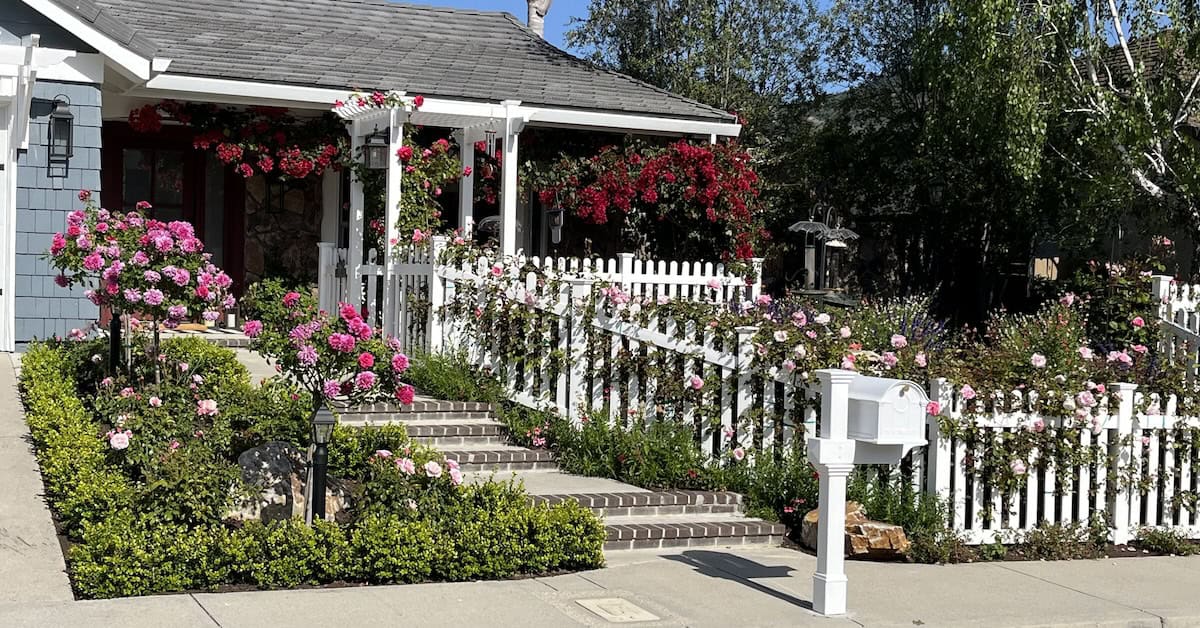Caught More Than Taught
I am in Boise, ID this weekend sharing some of what it means to live loved through some of the brutal crises of life. We have some people here hurt from their association with a religious group that was overtly legalistic and has a significant number of their leadership involved in sexual predation of children. It’s horrific, but the people who are finding freedom from that that group are amazing people with hearts still leaning toward the love of God through all that pain.
There are others here as well who are just readers of my books or listeners to The God Journey. This is my first trip without Sara in three years. It feels weird, but we both felt this trip was something God wanted, while Sara stayed home to enjoy a visit from her college roommate.
As The God Journey approaches our 1,000th episode since its inception in 2005, we have asked listeners to share with us what the podcast has meant to them. We are going to read some of them on that podcast as Brad and Kyle both join in to celebrate the journey. This morning, I woke up to this email. It touched me deeply, encouraging my heart with gracious words, but more importantly how it shows that the life of Jesus is something we catch through a variety of inputs, rather than following a prescribed program from a seminar or book. That’s why we’ve put out so many different tools here, and why I’ve traveled to Boise this weekend, to help people see facets of a life born of love, so that they can discover more clearly how Jesus is making himself known in them.
I love this email, from someone in Austria enmeshed in a legalistic religious group, finding her freedom in the life of Jesus:
As an enthusiastic podcast listener from Austria, I am pleased to be able to speak up. A few years ago I read your book He Loves Me. It had appealed to me, but my heart was still so caught up in legalism that the truths could not fall on prepared ground. Seven years ago, after many years of legalism and serious but desperate discipleship, I found myself in a desert. I was totally burned out, taken out of the race and I just had to capitulate.
There, I had only one question: “Who am I?” Over the course of several years, Jesus took me by the hand and taught me step by step who Heavenly Father was and who I was. I came across the book: Finding Church and was shocked. It accurately described my situation and that of my very legal church. Suddenly I noticed that this book was by the same author as the book He Loves Me and So You Don’t Want To Go To Church Anymore.
My curiosity was aroused and went online in search of sermons from you, Wayne. That’s when I came across Transition and I was totally moved. These lectures helped me so much. And then I searched your website and came across The God Journey. I was so hungry for these truths and wanted to know about people who lived what you had talked about in the talk. I didn’t know any Christians around me, and I was so grateful to see you, Wayne and Kyle, who talked about it and lived it in their lives. I then listened to your podcasts and soaked up everything that tasted like life and freedom – and there was a lot of it!!!
It was my provisions and my comfort in my legalistic environment!!
I have been able to learn so much through and from you in the last few years. I experienced your crises and victories a bit and you were role models for me! THANK YOU!!!
And what was one of the most exciting things for me: not only did I experience change, but I was able to experience “live” in the podcast how you changed under the loving gaze of the Father. I felt how you, Wayne, just in your brokenness due to your marital crisis, became softer and gentler. I think you can even see that in your voice and in your warmth. And you Kyle, through the years that I “follow” you, you have learned so many valuable insights and above all pastoral help yourself and passed it on to me/us.
Without your podcast, my life would be a lot poorer and more joyless. Every Friday I look forward to the new episode and often listen to it more often until the new one is broadcast again. I am fascinated by the fact that God can connect hearts with each other over so many kilometers and from such different cultures. But that’s what the Bible says. What a privilege that I can experience it in my life.
I thank you and I am happy that you have such a big heart for brothers and sisters who have also set out on the God journey!
THANK YOU, THANK YOU, THANK YOU!!




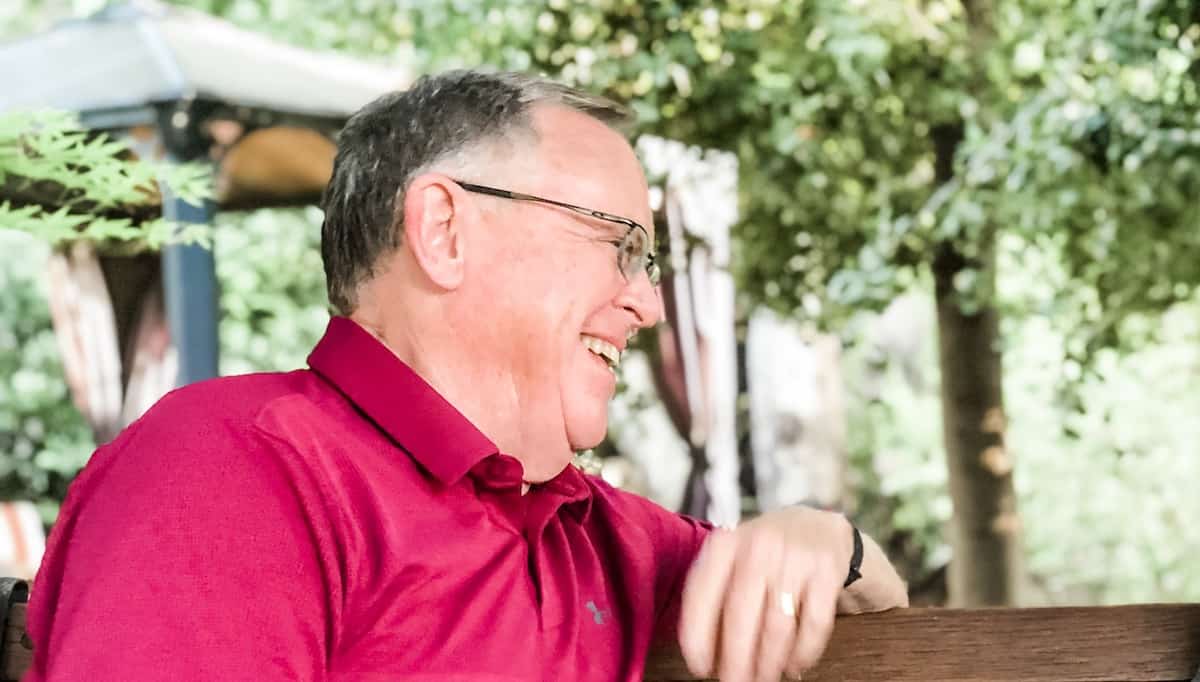


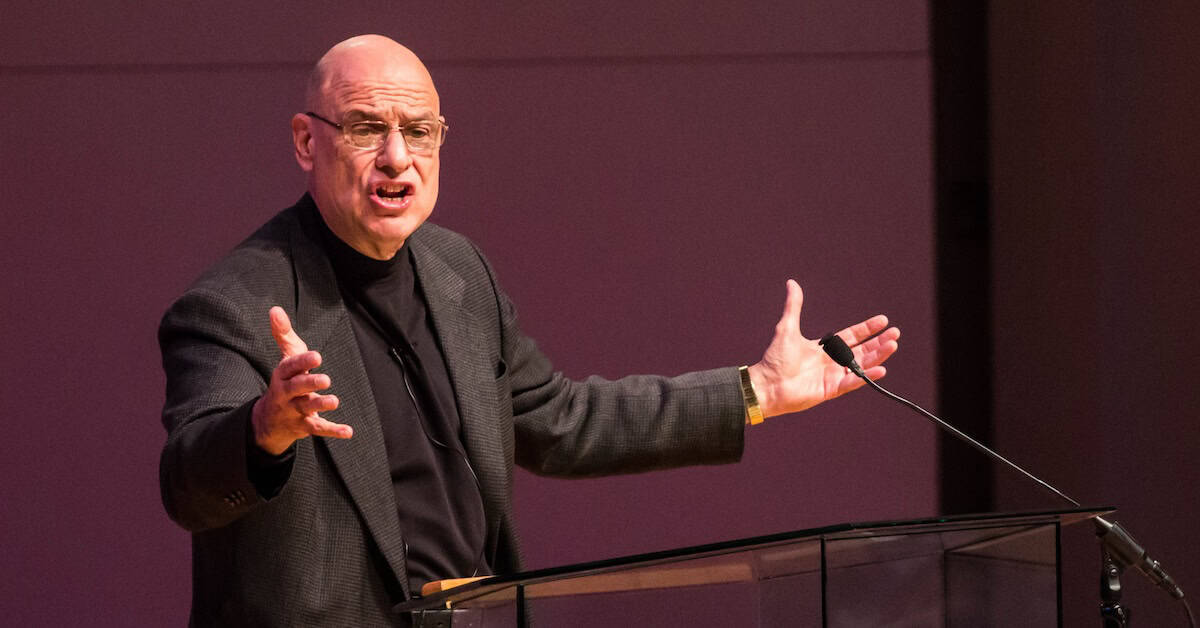
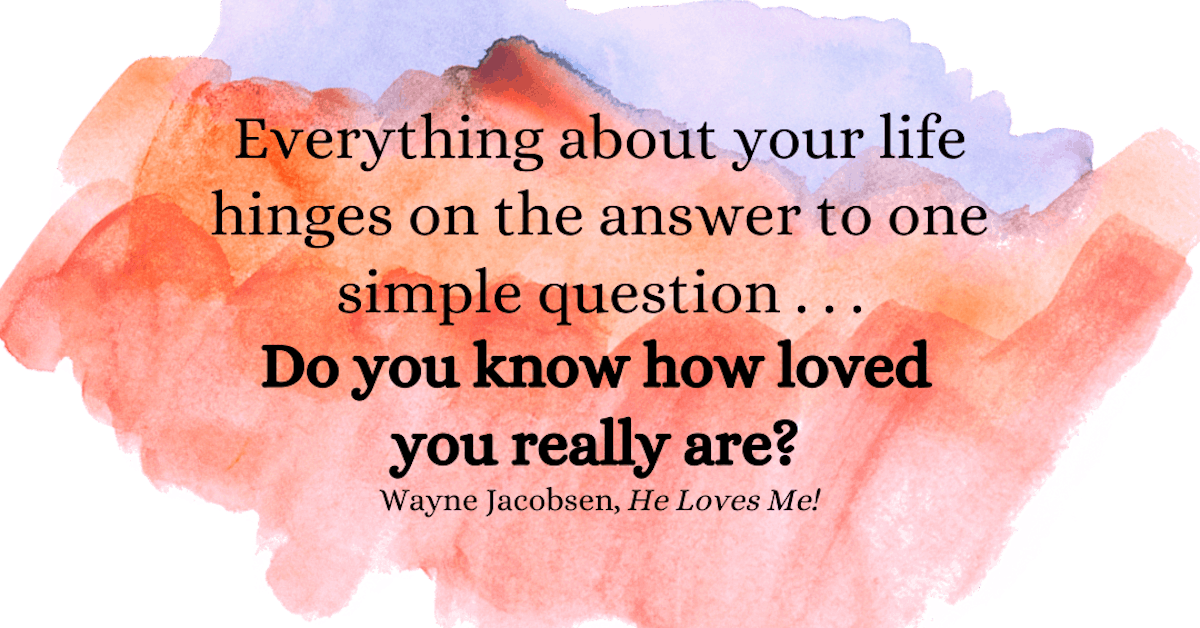
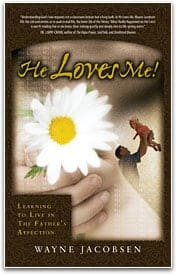


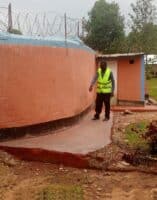 Finally, we are nearing our goal of completing work on rescuing the orphanage we built fifteen years ago from torrential rains. In the photo at left, a government inspector checks the repairs already made and is pleased with the progress.
Finally, we are nearing our goal of completing work on rescuing the orphanage we built fifteen years ago from torrential rains. In the photo at left, a government inspector checks the repairs already made and is pleased with the progress.
